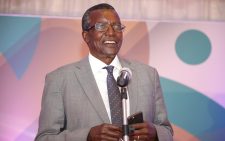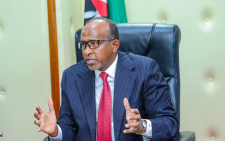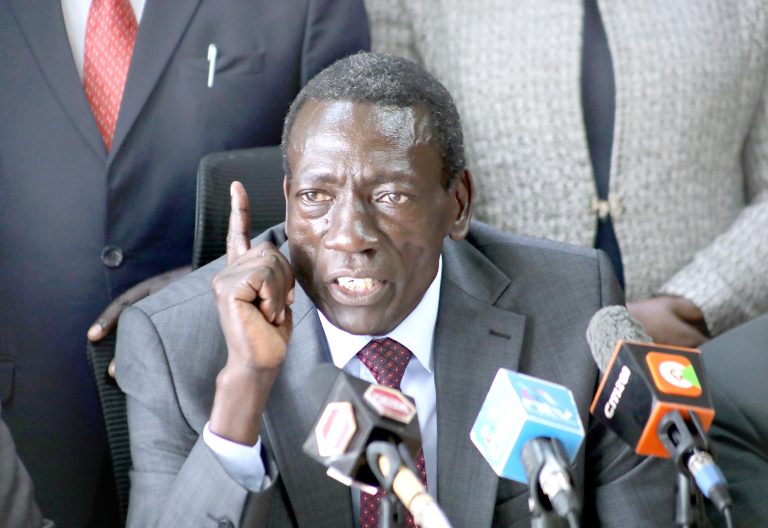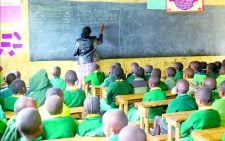Politicians can’t pull the wool over our eyes forever
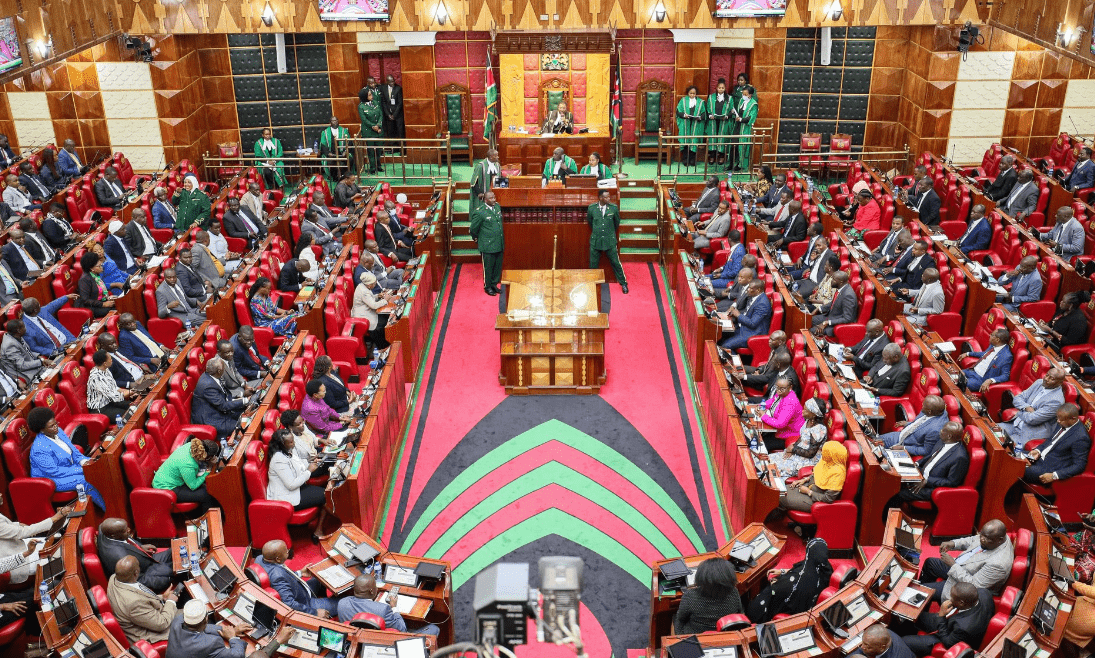
I have been teaching Literature for the last 23 years. All this time, I have had the invaluable experience of interacting with the work of great writers from our continent and the rest of the world who have given me and my students the insatiable urge to keep reading.
From Peter Abraham’s Mine Boy, Chinua Achebe’s A Man of the People and Marjorie Oludhe Mcgoye’s Coming to Birth and Dr Margaret Ogola’s masterpiece The River and the Source to Francis Imbuga’s Aminata, Nicolai Kogol’s The Government Inspector and Ibrahim Hussein’s Kinjeketile, the experience has been awesome as the texts have related to our daily experiences as a people.
Yet, in the same vein, I have encountered texts that have made me question the ‘sanity’ of those who selected them for high school students. I would not wish to mention some here for fear of reprisals from those who may have loved them. Some of the stories attempted to take us to faraway lands where World War II was taking place. Others attempted to teach us how to ride whales! God forbid this!
To be honest, as an astute student of literature, I can relate with the events in this category of texts that are much removed from our immediate reality.
I, however, cannot help but sympathise with my hapless students whose only experience of war is the 2007/08 clashes. I find it hard to explain to them the intricacies of a post-war Japan, however much my continent has witnessed numerous wars of monumental proportions.
Such texts, in the end, robbed me of the passion for literature that Chinua Achebe instilled in my heart 32 years ago when I devoured his masterpiece Things Fall Apart. To date, I still mourn the death of Ikemefuna. I can still hear Obierika telling Okonkwo, “That boy calls you father. Do not bear a hand in his killing.”
When I close my eyes, I can still hear Okonkwo killing a man’s spirit by telling him that the meeting they were having was for men. Need I tell you that I can see Unoka taking a snuff ‘as if that was paying his debt’?
As I write, I wish to note that this passion is back courtesy of Adipo Sidang’s masterpiece Parliament of Owls. I love this text for the mere fact that it has brutally been honest with us for the predicament we find ourselves in as African nations as a result of poor and selfish leaders whose sole aim in power is to ‘hoot and loot’.
The Tula Nyongoros of our continent are busy using divide and rule tactics to prevent the masses from dissecting the harsh realities around them.
I need not tell you that our very own two Houses of Parliament are full of ‘Socialite Owls’ whose sole aim is to pass the ‘Make-up Bill’. We are alive to the deplorable acts of political parties’ leadership nominating their sidekicks in place of special-interest groups.
Sidang’ paints a gloomy picture of our continent’s leadership. Yet in the same stroke, he feeds us with the soup of a better tomorrow as we witness ordinary people rising against injustice in society.
The beauty of it is that women are part of this struggle for a better tomorrow. Iron Lady leads the masses in rebelling against the unjust Moonlight Laws from the Owls whose sole aim is to suffocate the air of freedom in the bird kingdom. It feels good in the end when the rebellion of the ordinary people prevails as a new era of equality and justice sets in in the birds’ kingdom.
As a keen reader, I see parallels between Sidang’s Parliament of Owls and George Orwell’s masterpiece Animal Farm. Some animals seem to be more equal than others in our accursed continent.
— The writer is a teacher of Literature and Language at St Francis Kimuron High School in Elgeyo Marakwet county

